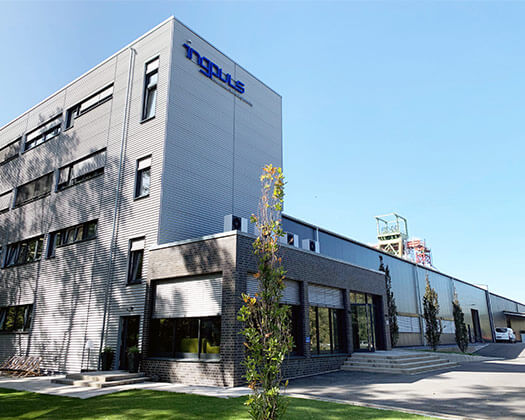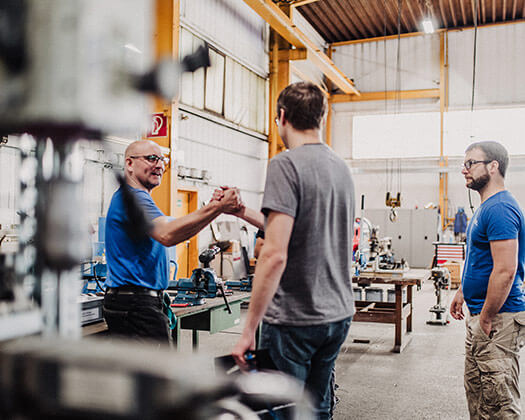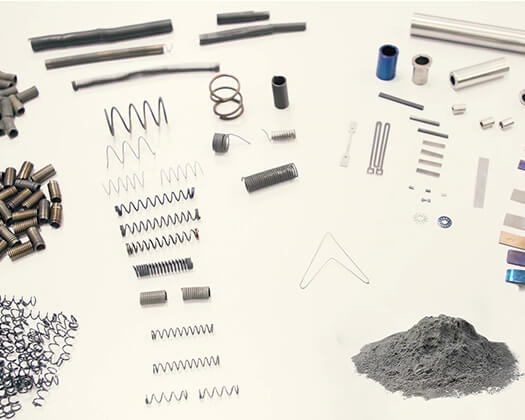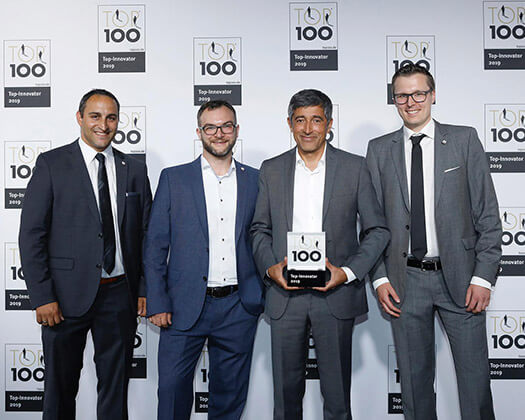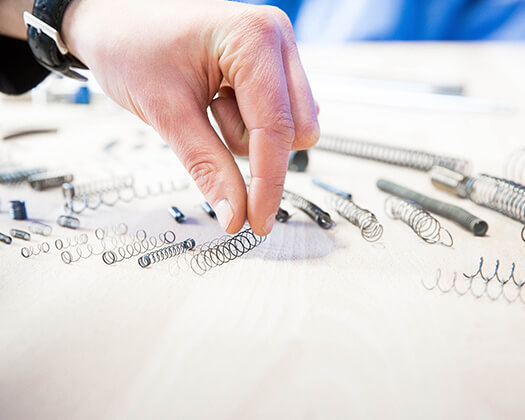Nitinol is already an established material in medical technology and is driving it forward. In addition, shape memory alloys (SMA) offer further diverse possibilities and opportunities for their use in medical technology through changes in the manufacturing process and within the alloys.
Areas of application for Nitinol in medical technology
Shape memory alloys (SMA) find their application in various areas of medical technology. These include, for example, coronary vascular surgery, dental medicine and trauma surgery.
Concrete examples and advantages of the use of shape memory alloys (SMA) in medical technology are superelastic stents made of Nitinol for minimally invasive stabilization of coronary arteries, the connection of bones after severe bone fractures by superelastic nails based on Nitinol or superelastic braces, which apply a constant tensile force between the teeth without any loss of tension.
The future of shape memory alloys in medical technology
With the ability to customize the properties and behavior of shape memory alloys (SMAs), shape memory alloys (SMAs) offer the opportunity for more solutions for the medical device industry that go beyond just superelasticity at body temperature and react to any given situation accordingly.
Advantage of shape memory alloys in the medical technology industry
Shape memory alloys (SMA) not only enable more cost-effective, but above all gentler intervention methods, thus opening up new treatment options for medical technology.
